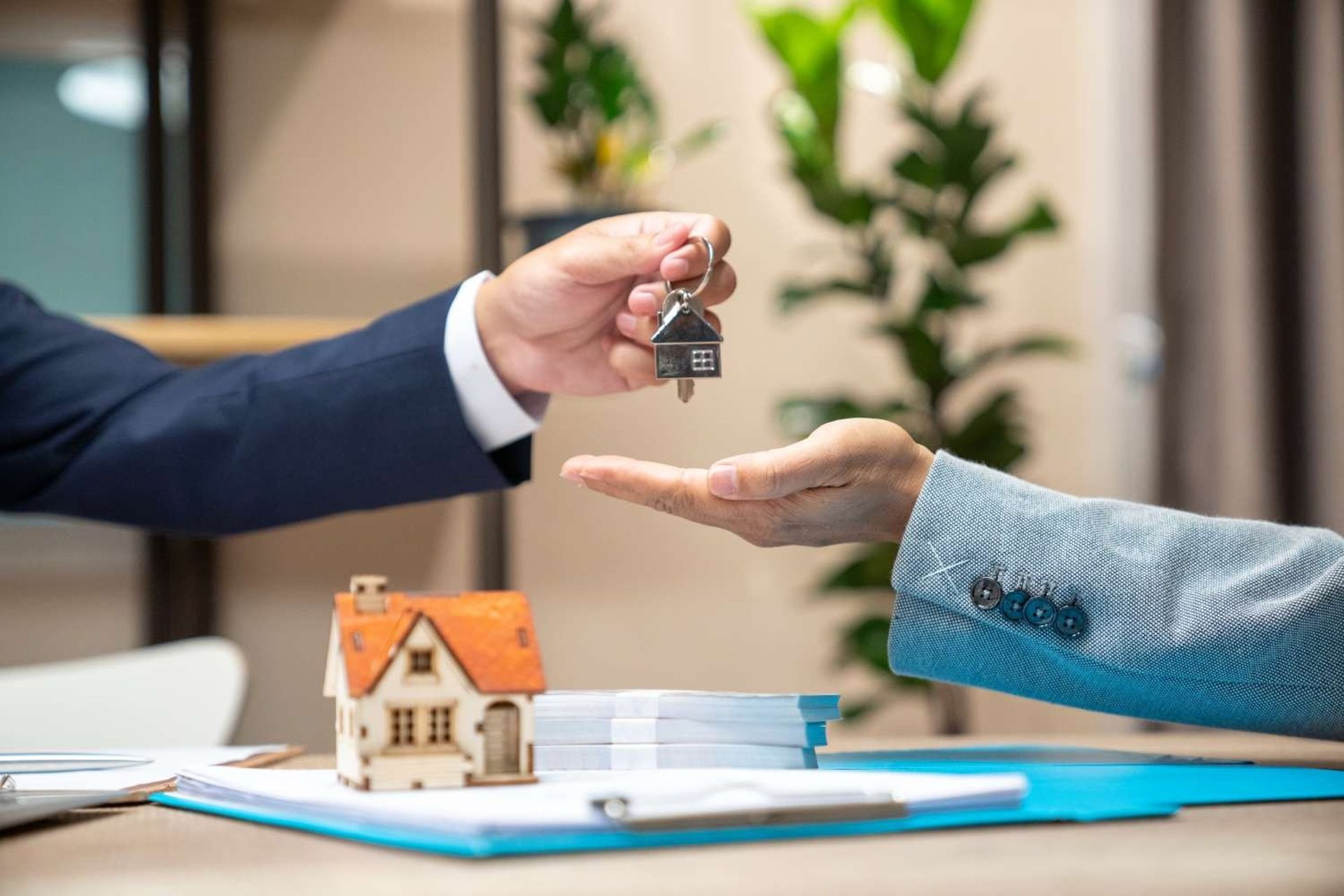
Real Estate in Brazil: How to Buy Property as a Foreigner
Learn how foreigners can buy property in Brazil. Step-by-step guide, legal requirements, costs, and tips to avoid scams in the Brazilian real estate market.
5/8/20242 min read
Introduction
Buying property in Brazil has become increasingly popular among foreigners — whether for vacation homes, retirement, investment, or relocation. With breathtaking beaches, vibrant cities, and a relatively affordable market compared to Europe and North America, Brazil offers excellent opportunities for international buyers.
But before you dive in, it’s crucial to understand the legal requirements, costs, and potential risks involved. This guide will walk you through everything you need to know about buying real estate in Brazil as a foreigner.
1. Can Foreigners Buy Property in Brazil?
Yes! Foreigners can legally own property in Brazil, whether residential, commercial, or rural (with a few restrictions for rural land and areas near national borders). You don’t need to be a resident to buy, but you will need:
CPF (Cadastro de Pessoas Físicas) — Brazil’s taxpayer identification number.
A valid passport.
Proof of funds for the purchase.
💡 Tip: You can apply for a CPF at a Brazilian consulate abroad or directly in Brazil.
2. Step-by-Step Guide to Buying Property in Brazil
Step 1: Get Your CPF
Without it, you cannot legally sign property contracts.
Step 2: Choose Your Location
Popular spots for foreigners:
Rio de Janeiro – Iconic beaches and culture.
São Paulo – Business hub and investment opportunities.
Florianópolis – Island life with high quality of living.
Salvador – Historic charm and affordability.
Step 3: Work with a Licensed Real Estate Agent
Always hire a corretor de imóveis registered with CRECI (Regional Real Estate Council).
Step 4: Make an Offer and Sign the Purchase Agreement
The agreement (Contrato de Compra e Venda) outlines the price, payment terms, and conditions.
Step 5: Legal Verification
Your lawyer will check:
The property’s registration (Matrícula) in the Real Estate Registry Office.
Any debts, taxes, or legal disputes linked to the property.
Step 6: Final Deed and Registration
Once payment is complete, sign the Escritura Pública (Public Deed) and register it at the Real Estate Registry Office to officially become the owner.
3. Costs Involved in Buying Property in Brazil
Property Price — Negotiable depending on market and location.
Transfer Tax (ITBI) — Around 2% to 4% of the property value.
Notary Fees — About 1% to 2%.
Lawyer Fees — Typically 1% to 2%.
Real Estate Agent Commission — Usually paid by the seller, but verify in advance.
💡 Tip: Always keep an additional 5% to 8% of the purchase price for transaction costs.
4. Financing Options for Foreigners
Most Brazilian banks do not offer mortgages to non-residents. However, alternatives include:
Paying in cash.
Developer financing (common in off-plan properties).
International banks with operations in Brazil.
5. Risks and How to Avoid Them
Fraudulent Listings
Some properties are advertised without the owner’s permission.
✅ Solution: Verify ownership at the Real Estate Registry Office.
Hidden Debts
Unpaid taxes and utility bills can transfer to the new owner.
✅ Solution: Have your lawyer request a full debt clearance certificate.
Overpriced Properties for Foreigners
Some sellers increase prices when dealing with foreigners.
✅ Solution: Research local market prices before making offers.
6. Final Tips for a Smooth Purchase
Visit the property in person before committing.
Hire both a licensed real estate agent and an independent lawyer.
Keep all contracts bilingual if you don’t speak Portuguese fluently.
Be patient — the process can take weeks or even months.
Conclusion
Buying real estate in Brazil can be a smart and rewarding investment, but it requires careful planning and professional guidance. With the right team and due diligence, you can enjoy the benefits of property ownership in one of the most beautiful and diverse countries in the world.
Resources
Explore investment insights and educational content.
Contact
Follow
+55-88- 9 9636-5578
© 2025. All rights reserved.
